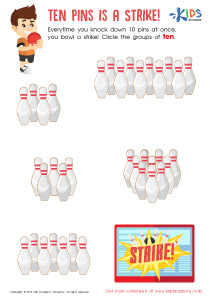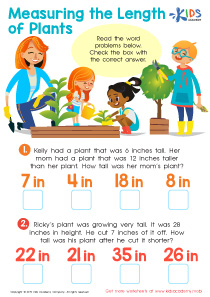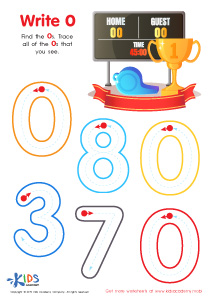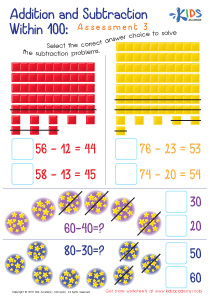Fine Motor Skills Easy Numbers up to 100 Worksheets for 5-Year-Olds
5 filtered results
-
From - To
Discover our "Fine Motor Skills Easy Numbers up to 100 Worksheets" designed specifically for 5-year-olds! These engaging worksheets help young learners enhance their fine motor skills while exploring numbers up to 100. With fun and colorful activities, children will practice tracing, counting, and writing numbers, all while developing the hand-eye coordination and dexterity essential for early education. Our resources offer a perfect blend of learning and creativity, making math enjoyable and interactive. Ideal for home or classroom use, these worksheets will support your child's foundational skills in a way that promotes confidence and curiosity in mathematics!
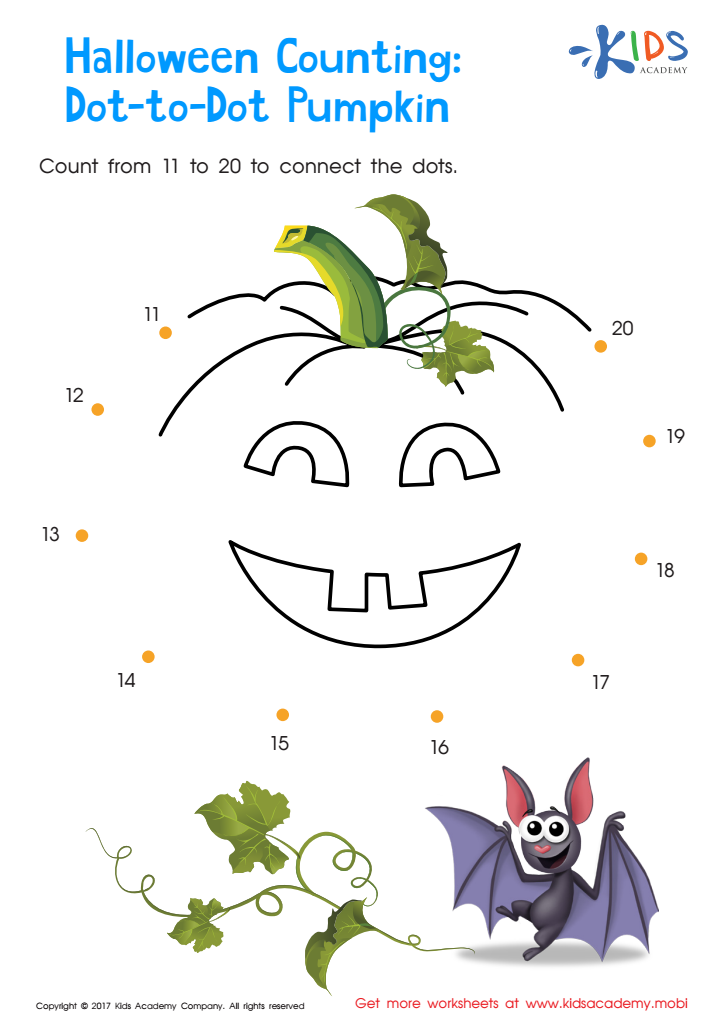

Ordering 11–20: Halloween Counting Worksheet
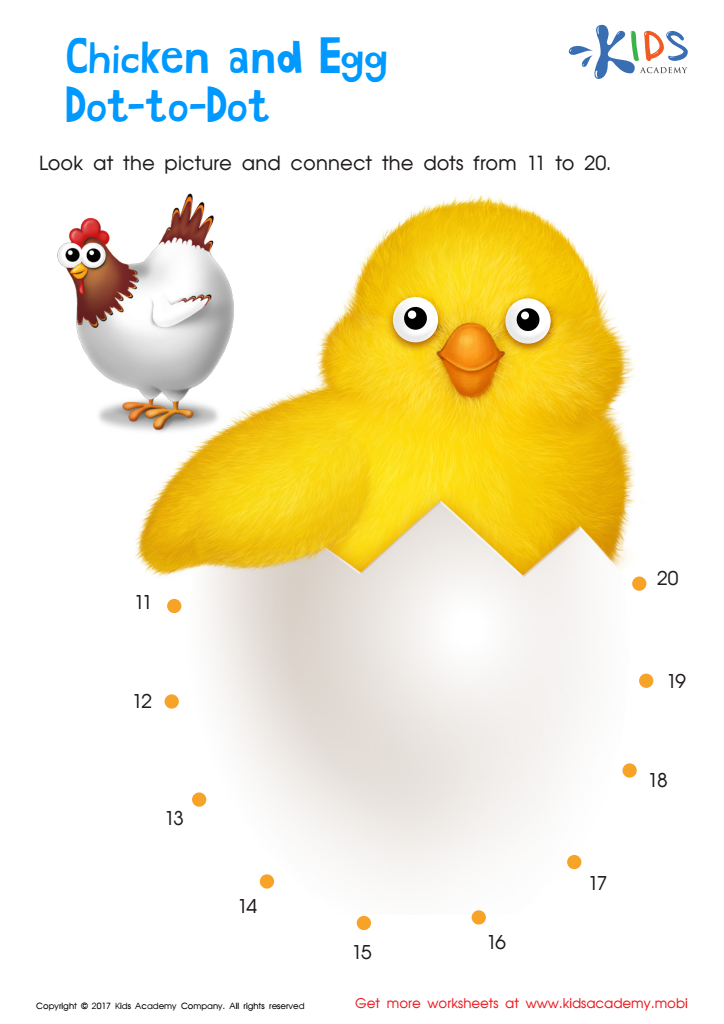

Ordering 11–20: Chicken & Egg Dot–to–dot Worksheet
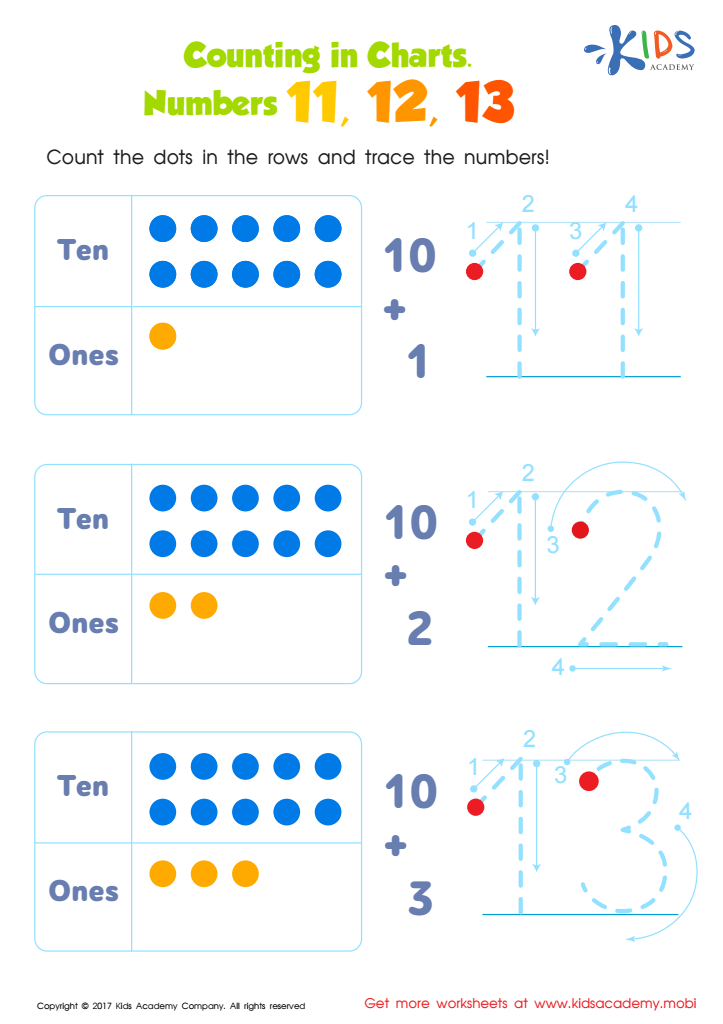

Number Tracing Worksheet For Kindergarten
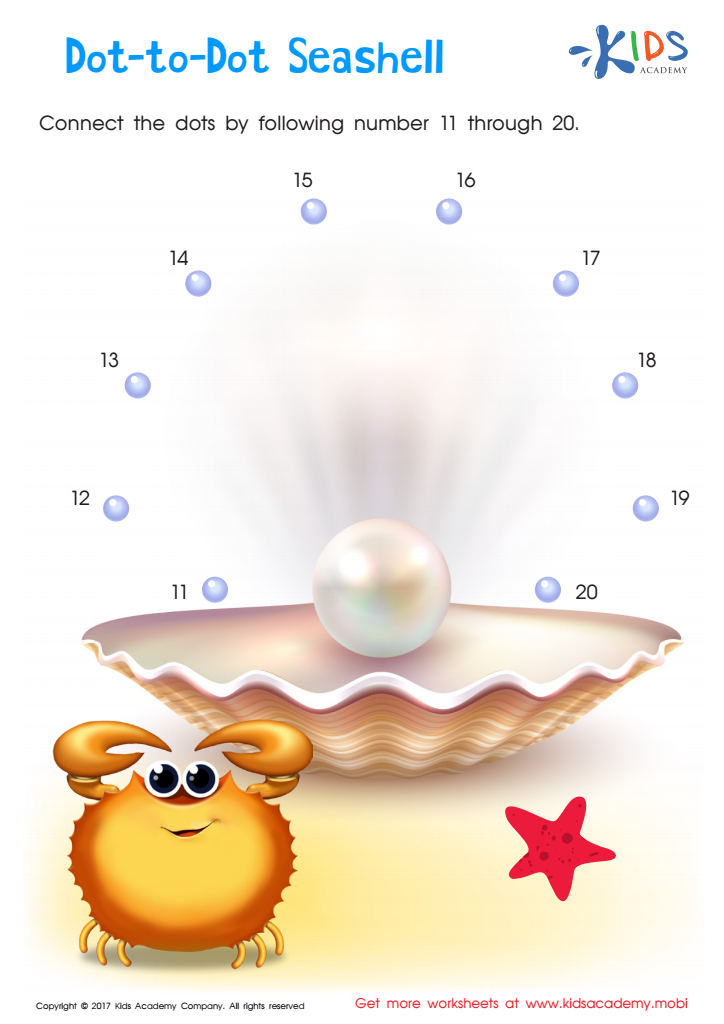

Ordering 11–20: Dot–to–dot Seashell Printable
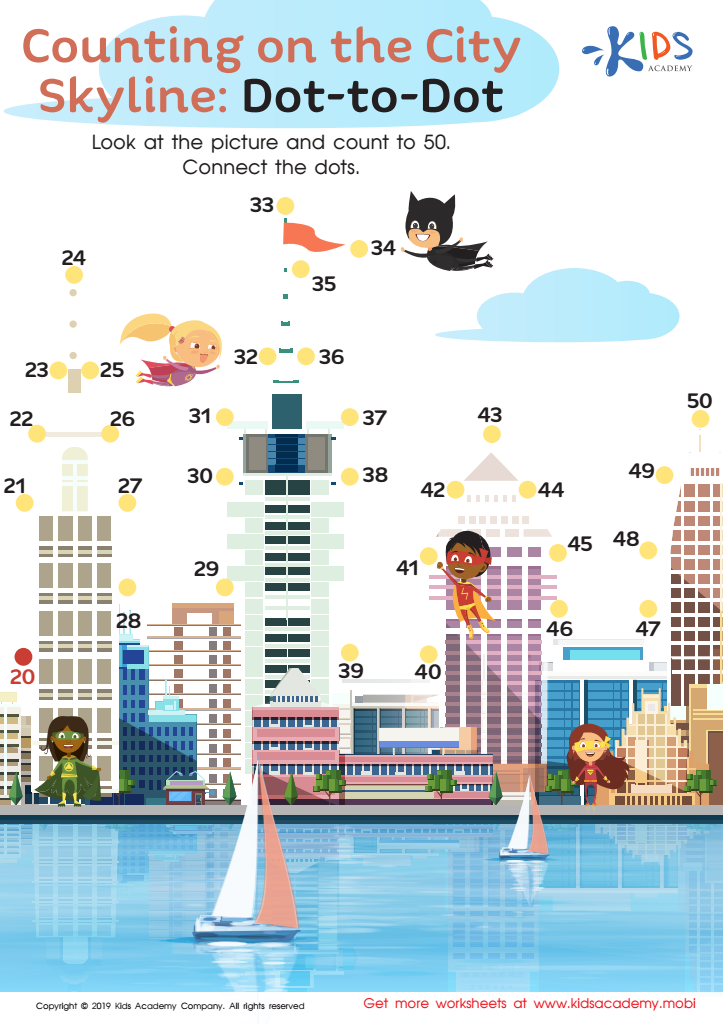

Counting on the City Skyline: Dot-to-Dot Worksheet
Fine motor skills, the ability to coordinate small muscle movements in our hands and fingers, are crucial for young children's early development, particularly for 5-year-olds learning to write easy numbers up to 100. Parents and teachers should care about these skills because they form the building blocks for a child's academic success, especially in mathematics.
As children learn to write numbers, they need to develop precise hand-eye coordination, grip strength, and dexterity. Mastering fine motor skills not only boosts their ability to write neatly but also enhances their confidence in their ability to perform tasks independently. Excelling in fine motor activities, like tracing or drawing numbers, lays the groundwork for future skills in more complex tasks like writing sentences and solving math problems.
Moreover, engaging in fine motor activities can foster social skills as children learn to collaborate, share tools, and play together. Activities such as playdough manipulation, cutting shapes, or threading beads can make learning about numbers making the experience enjoyable. Ultimately, cultivating fine motor skills sets children up for positive learning experiences, laying a strong foundation for their educational journey. Parents and teachers should actively promote and support activities that nurture these essential life skills.
 Assign to My Students
Assign to My Students











